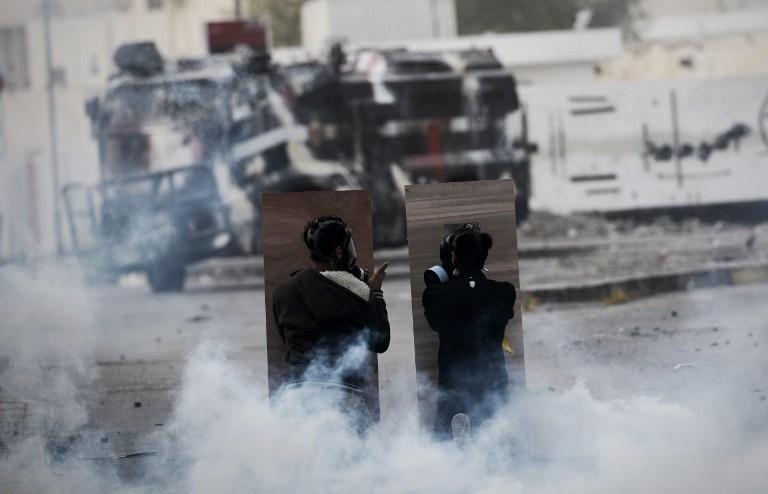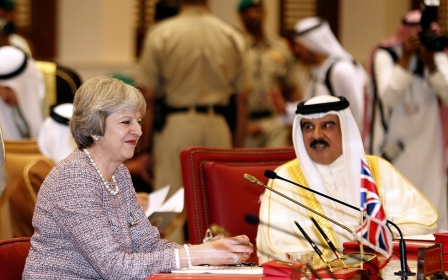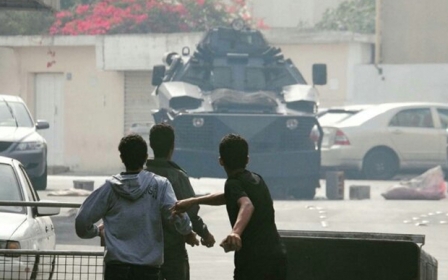Bahrain lifts website ban on 'only independent' newspaper

Bahraini authorities on Thursday lifted a ban on the online edition of Al-Wasat newspaper, which was accused of "sowing sedition" and harming national unity in the aftermath of protests by the Gulf state's Shia majority.
Al-Wasat was banned on Monday a day after protesters took to the streets following the execution of three Shia men found guilty of killing three police officers in a bomb attack in 2014.
Bahrain's information ministry said the ban, which did not cover the paper edition of the publication, was "due to the newspaper's repeated publishing of and spreading (material) that sows sedition in society and harms national unity".
Al-Wasat was suspended for two days in August 2015 after being accused of "violating the law and repeated dissemination of information that affects national unity and the kingdom's relationship with other countries".
Writing for Middle East Eye, Bill Law, a freelance journalist focusing on the Gulf, said that Al-Wasat was the "only independent voice in a deeply divided country".
"In a Gulf media landscape largely barren of critical voices, where newspapers and their online sites are either directly owned or otherwise controlled by the ruling families, and state television pumps out a steady diet of propaganda that would do the old Soviet Union proud, Al Wasat is an oasis of thoughtful news and information," wrote Law.
READ: Bahrain: Truth, lies and a voice under threat
Bahrain has been rocked by sporadic unrest since a March 2011 Arab Spring-inspired uprising in which protests were violently quashed by security forces, with Saudi Arabia and other Gulf Cooperation Council (GCC) states sending reinforcements to support the island's Sunni rulers.
At the height of the 2011 uprising, Al-Wasat was suspended and its chief editor Mansoor al-Jamri tried and fined for allegedly publishing false information.
The paper's publisher Karim Fakhrawi was also detained and beaten to death by police officers who were subsequently jailed for his murder.
Sunday's executions triggered protests in Shia villages, where demonstrators blocked roads with burning tyres and police retaliated by firing tear gas, according to posts on social media.
Protesters also set alight a municipal building in Shamalia, south of the capital Manama.
Al-Wasat had published photos of the three men who had been executed by firing squad.
The US State Department had been among voices raising concern about the government's decision to suspend Al-Wasat, saying in a statement: "We've consistently maintained a free press that is allowed to peacefully voice criticisms of the government plays a vital role in inclusive pluralistic governments and societies."
New MEE newsletter: Jerusalem Dispatch
Sign up to get the latest insights and analysis on Israel-Palestine, alongside Turkey Unpacked and other MEE newsletters
Middle East Eye delivers independent and unrivalled coverage and analysis of the Middle East, North Africa and beyond. To learn more about republishing this content and the associated fees, please fill out this form. More about MEE can be found here.




